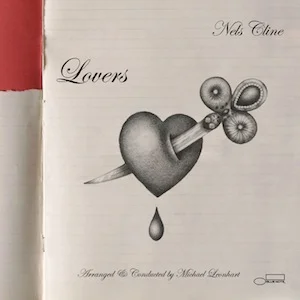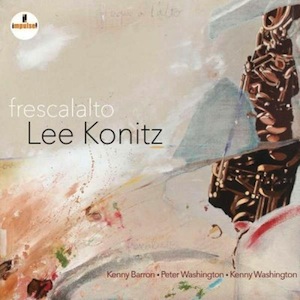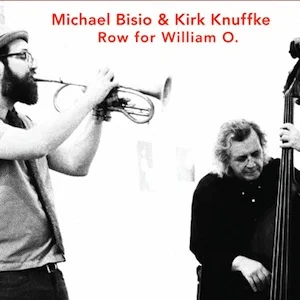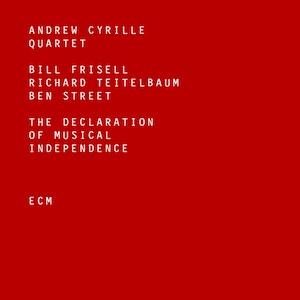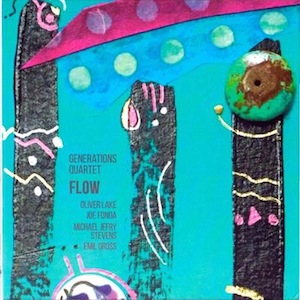Megumi Yonezawa: piano; John Hébért: bass; Eric McPherson: drums.
Hokkaido-born pianist, Megumi Yonezawa, summoned the consistent bassist John Hébért and the reliable drummer Eric McPherson to be part of her trio. A Result of the Colors, released on Fresh Sound New Talent, is the product of their musical experience and chemistry, and love for the music.
The pianist’s refined musicality has enchanted not only Jason Moran, who wrote her a deserved recommendation, but also Greg Osby, with whom she played in his 2004 album Public alongside trumpeter Nicholas Payton, bassist Robert Hurst and drummer Rodney Green.
Yonezawa’s debut album opens elegantly with the sophisticated title track, which outspokenly tells us with which colors she intends to fill this nine-track palette. “Children of the Sun”, a rhythmically audacious song with interesting melodic accentuations, instantly triggered a favorable reaction in me. Spreading class over the ballroom, the trio arranged this one as a dissimulated jazzistic bossanova. This first couple of tunes is decorated with Hebert’s sculptural bass solos.
“Dr. Jeckyll and Mr. Hide” reflects the mutability of the characters it makes reference. Hebert and McPherson throw themselves at a vivid swing that serves as a tight guideline for the pianist’s bright melodic incursions.
The shortest piece of the recording, “Sketch”, is enveloped in a peaceful yet experimental musicality, in opposition to the unique cover of the album, “For Heaven's Sake”, a well-defined ballad written by Don Meyer, Elsie Bretton and Sherman Edwards in 1958.
Embarking on a fantastic instrumentation, the trio fabricates “Nor Dear or Fear”, making us rejoice through a juxtaposition of hard-bop breezes and Monkish postures.
Challenging in her approach, Yonezawa possesses a strong technique with flexible, independent hands constantly seeking to choose the right notes and weaving propitious textures to compose the whole.
Strongly influenced by Thelonious Monk, Keith Jarrett, Greg Osby, Jessica Williams and Bach, the pianist proved capable of speaking with her own voice.
A Result of the Colors is a fearless, positive debut, objectively oriented to captivate and make us ask about Yonezawa’s future moves.
Grade A-
Favorite tracks:
02 – Children of the Sun ► 04 – Dr. Jeckyll and Mr. Hide ► 07 – Nor Dear or Fear



